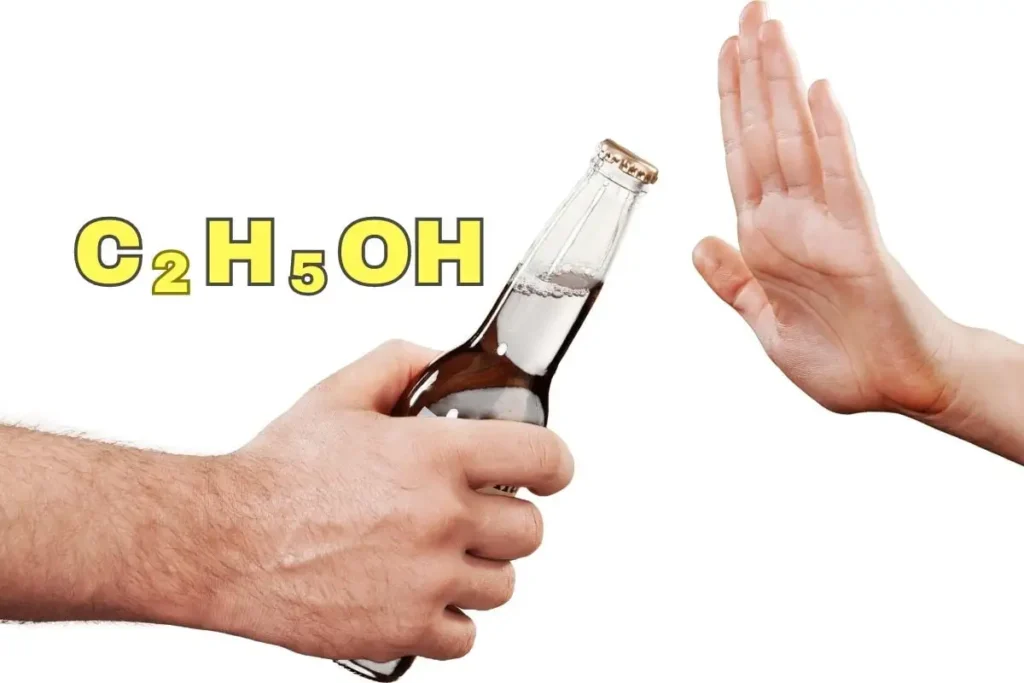Points clés à retenir
Intrigued by food additives like E357? Their role in our food and their compliance with dietary laws such as Halal can be complex but understanding them is key to making informed dietary choices. Stay curious and informed!
| 📌 E357, also known as Potassium Adipate, is a food additive used as a preservative and flavor enhancer. |
| 📌 E357 is deemed halal (allowed) based on factors of its synthetic origin and production process. |
| 📌 E357 is generally safe for consumption within the recommended dosage of 5 mg per kilogram of body weight. |
What is E357?
E357, or Potassium Adipate, is not just a random additive. It plays a significant role in the food industry, primarily as a preservative and flavor enhancer. Curious to know more about it? Let’s dive in!
Structure chimique
The chemical structure of E357 is fascinating. It’s a potassium salt of adipic acid, embodying a unique molecular arrangement that contributes to its effectiveness in food preservation.
What Is E357 Made From?
Let’s take a closer look at how E357, or Potassium Adipate, is created. It’s a journey of chemistry that’s as fascinating as it is complex.
The process begins with adipic acid, a well-known organic compound. Adipic acid itself is an interesting molecule, often used in the production of nylon and other polymers.
The magic happens when adipic acid meets potassium hydroxide. In this chemical reaction, adipic acid is neutralized, resulting in the formation of Potassium Adipate.
Think of it as a dance of molecules, where the acidic properties of adipic acid are perfectly balanced by the alkaline nature of potassium hydroxide. The result? A stable, effective compound that’s ready to be used in various food products.
This process not only showcases the ingenuity of synthetic chemistry but also the precision required to create compounds that are both effective and safe for consumption.
Les effets secondaires possibles
Like any food additive, E357 has its own set of potential side effects. While generally safe, it’s always wise to be cautious, especially if you have specific health concerns or conditions.
Règlements et lignes directrices
Food authorities like the FDA and EFSA closely regulate the use of E357. They set specific guidelines and limits to ensure its safety for consumption, highlighting the importance of these regulations in maintaining food standards.
Dosage et administration
The maximum allowable dose of E357 is 5 mg per kilogram of body weight. This guideline helps ensure that its consumption remains within safe limits. In Germany, it is approved for use only for dietary purposes, indicating its moderate toxicity.
Is E357 Halal or Haram?
Determining the Halal status of E357 involves considering its synthetic origin and processing methods. Since it is chemically synthesized, its compliance with Halal standards depends on various factors, including the nature of its ingredients and production process.
En savoir plus:
Est E355 Halal ou Haram ?
Est E363 Halal ou Haram ?
Conclusion
In our exploration of E357, the Potassium Adipate, we’ve uncovered its crucial role in preserving and enhancing flavors. The intricate dance of molecules, as adipic acid meets potassium hydroxide, showcases the precision of synthetic science.
As we ponder E357’s Halal status, the complexity of its synthetic origin prompts a nuanced evaluation. Regulatory guidelines stand as guardians, ensuring its consumption within safe limits.
Whether preserving freshness or enhancing flavors, E357 symbolizes scientific innovation. In conclusion, let curiosity guide us, for in the realm of E357, the pursuit of understanding continues. Stay curious, stay informed.
Allahu A'lam (Allah sait mieux)
FAQ
What is the source of E357?
E357 is synthesized through the neutralization of adipic acid with potassium hydroxide.
Is E357 safe for consumption?
Yes, when consumed within the maximum allowable dose of 5 mg/kg body weight.
What are some common food products that contain E357?
E357 is found in various food products as a preservative and flavor enhancer.
What is the CAS number of E357?
The CAS number for E357, Potassium Adipate, is 19147-16-1. This unique identifier is essential for referencing and studying this specific chemical compound in various scientific and regulatory contexts.
Is E357 banned in any country?
While not widely banned, regulations for E357 vary globally. Checking local guidelines is always recommended.





